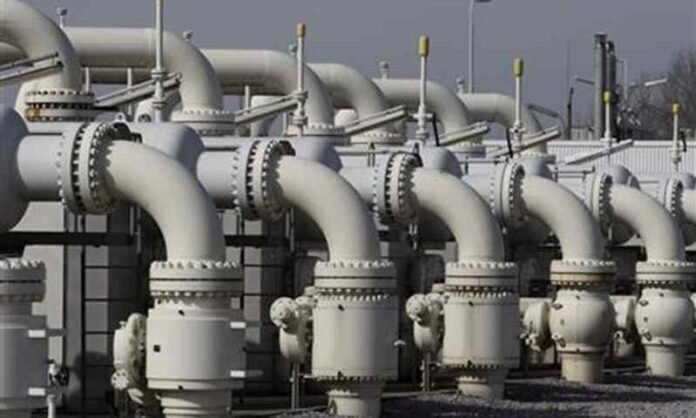ISLAMABAD – Pakistan’s private sector is pushing back hard against Sui Northern Gas Pipelines Limited’s (SNGPL) plan to raise gas transportation tariffs by nearly 50%, warning that the move could choke competition, scare off private investment, and pile additional costs on an already struggling economy.
The outcry came during a regulatory hearing on Monday, where the Oil and Gas Regulatory Authority (OGRA) reviewed SNGPL’s request for a 46% tariff increase for FY2024–25 and 49% for FY2025–26.
Rising Costs vs. Soaring Profits
SNGPL argued the steep hike was necessary to cover climbing operational expenses, which jumped from Rs66 billion in FY2020 to Rs94 billion in FY2024. However, industry leaders challenged the justification, pointing to the company’s profits, which have more than doubled to Rs38.9 billion in the same period, even as Pakistan battles worsening gas shortages.
“Costs keep going up, profits are soaring, and yet consumers are starved of supply,” one industry representative said, calling the tariff request “tone-deaf” given the energy crisis.
Private Sector: Tariff Hike Strengthens Monopoly
Ghiyas Abdullah Paracha, CEO of Universal Gas Distribution Company Limited (UGDC), said the hike would only cement SNGPL’s monopoly and undermine efforts to create a competitive gas market. UGDC, Pakistan’s first private gas supplier, ships LNG through SNGPL’s network but argues that high tariffs make private investment unviable.
“This increase is irrational and unsustainable,” Paracha said. “It will discourage private participation and destabilize the market at a time when we need competition the most.”
Paracha also pushed for structural reforms:
- Splitting SNGPL’s transmission, distribution, and sales operations into separate entities.
- Introducing a multi-year tariff plan tied to inflation.
- Enforcing uniform benchmarks for gas losses (UFG).
- Bringing in independent legal reviews of regulatory frameworks.
Energy Mix and LNG Surplus Add to Pressure
The private sector blames part of the crisis on Pakistan’s long-term LNG contracts, which have forced the government to cut 400 million cubic feet per day of domestic gas production to make room for imported shipments. Prime Minister Shehbaz Sharif is expected to seek adjustments to those contracts during an upcoming visit to Qatar.
Industry groups, including the All Pakistan Textile Mills Association (APTMA), argued that Pakistan’s energy policies are riddled with inefficiencies. APTMA’s Asim Riaz criticized the use of expensive LNG to replace cheaper coal, instead of displacing furnace oil in power generation.
Regulator Aims for Balance
OGRA Chairman Masroor Khan pushed back against claims of favoritism, stressing that the regulator has rejected over Rs84 billion in SNGPL expenditure claims in recent years and Rs57 billion in the current review cycle to protect consumers.
Meanwhile, SNGPL General Manager Saqib Abbas said the company has little control over retail gas prices, which are set by the government, and argued that cross-subsidies unfairly burden end-users. He urged OGRA to shift part of that cost to private shippers.
Decision Pending, But Stakes Are High
The hearing ended without a verdict, but business leaders warned that approving the hikes could push Pakistan’s gas market closer to collapse. They urged reforms to create a multi-supplier market that encourages investment and efficiency rather than entrenching a state-run monopoly.
“Without competition and transparency, this sector will keep spiraling,” Paracha said, echoing a sentiment shared across industries.


